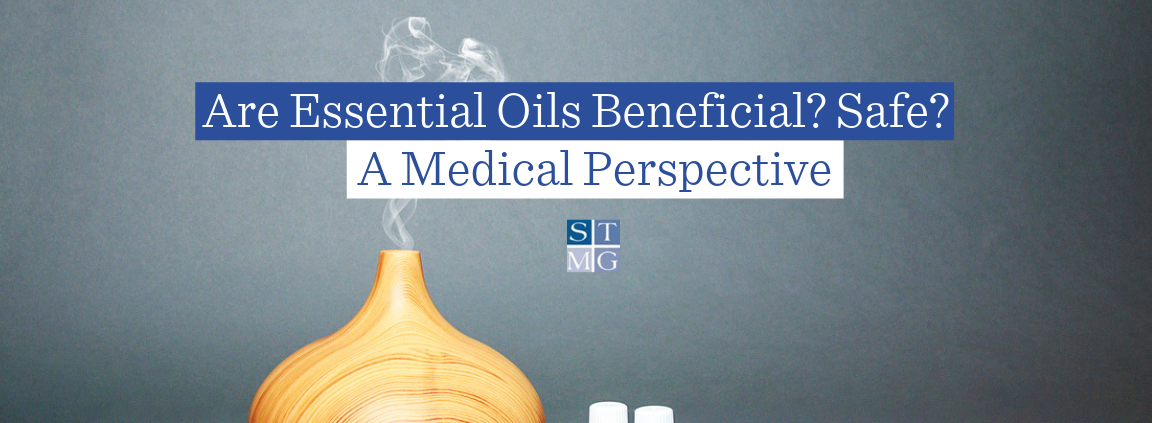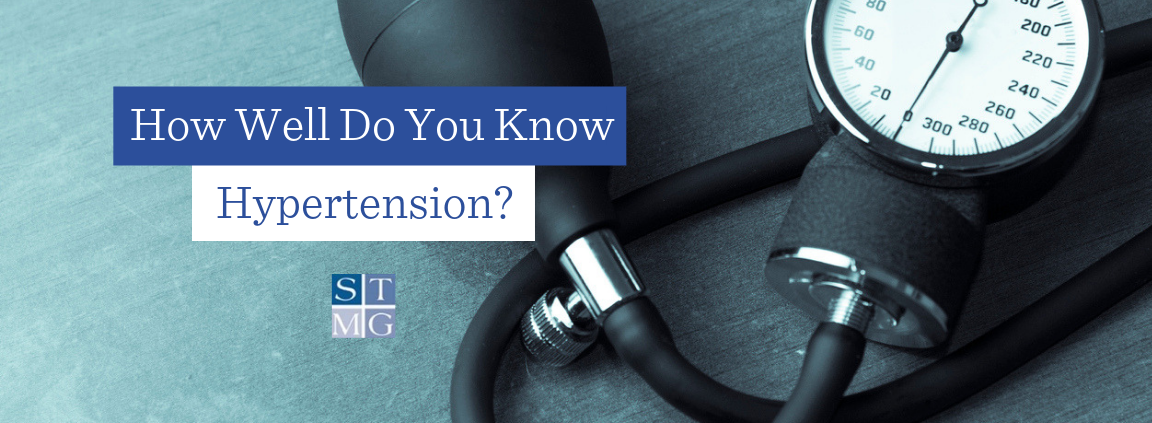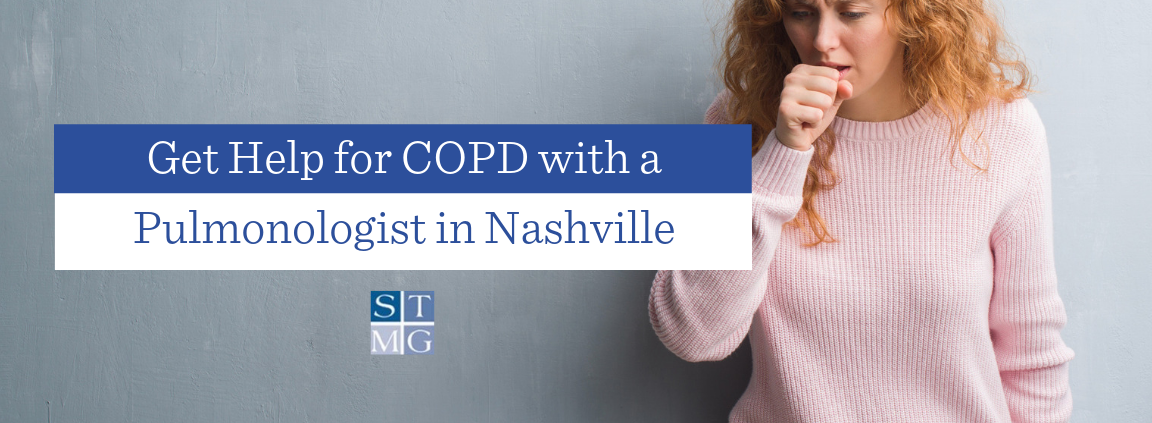Are Essential Oils Beneficial? Safe? A Medical Perspective
/in Uncategorized/by Daniel ChiokoDiffuse, inhale, ingest, massage… essential oils are catching on like wildfire! In North America alone, the aromatherapy market is expected to grow from $1.6B in 2016 to $2.8B by 2024. As more manufacturers enter the market and more health-conscious consumers begin experimenting with blends of lavender, peppermint, bergamot, and other oils, many are asking, “Are essential oils safe? Do essential oils actually work?”
The truth is, there’s a lot we don’t know about essential oils. Unlike traditional drugs, which undergo rigorous clinical trials and have known side effects, essential oils are not subject to the same regulations imposed by the FDA. In fact, essential oils must clearly state that they are “not intended to diagnose, treat, cure or prevent any disease.”
Of course, simply lacking FDA regulation doesn’t mean essential oils can’t have any benefits. Rather, we just don’t know for sure what benefits they do offer. And, in many cases, the potential risk and harm may outweigh the benefits.
Here are a few reasons why you might want to think twice before using essential oils on yourself or your children…
Abnormally High Concentrations
Essential oils are frequently touted as “natural” therapies. However, the incredibly high concentrations are anything but natural. As one nurse blogger points out, a popular manufacturer of essential oils “boasts that it takes 75 lemons to make one 15 mL bottle of lemon oil, 27 square feet of lavender plants to make one 15 mL bottle of lavender, and an entire pound of raw peppermint to make one 15 mL bottle of peppermint oil.”
Consuming just one drop of peppermint oil is the equivalent of drinking 26-28 cups of peppermint tea! Is that a “natural” way to get the potential benefits of peppermint? Not really. When it comes to abnormally high concentrations of anything, extreme caution is advised.
Lack of Standardization
Advil® is Advil®… and the drugstore brand version is pretty much the exact same thing. It doesn’t matter what store you buy it from or what area of the country you’re in. When it comes to essential oils, we’re living in the Wild West. The plants from which essential oils are derived can vary in concentration; weather and growing conditions, as well as processing techniques, can affect potency.
Unknown Causation
As always, correlation does not equal causation. If you massage thieves into blistered feet and notice an improvement the next day, is that a result of the oil alone? The massage? The massage combined with the oil? Moisture? It’s difficult to determine exactly what causes certain outcomes.
Questions About Essential Oils? See a Doctor in Nashville
At St. Thomas Medical Group, our physicians are advocates for your health. We are not opposed to the effective use of alternate therapies, and we encourage you to learn more about your wellness options. Looking for a doctor in Nashville who will listen to you and advocate for your health and well-being? Call +1 (615) 297-2700 or schedule online.
How Well Do You Know Hypertension?
/in Uncategorized/by Daniel ChiokoHypertension, also known as “high blood pressure,” affects one in three adults in the U.S. and contributes to more than 1,000 deaths per day, reports the Centers for Disease Control and Prevention. Individuals with high blood pressure are four times more likely to die from a stroke and three times more likely to die from heart disease than those who do not have high blood pressure.
According to The Hypertension Institute at St. Thomas West Hospital, “The odds are good that most people will have high blood pressure in their lifetime. In fact, 90% of people with normal blood pressure at age 55 are at risk for developing high blood pressure as they get older.”
Unfortunately, only about half of the people with high blood pressure have their condition under control. Help for high blood pressure is available at St. Thomas Medical Group. Getting better starts with getting informed…
What Is Hypertension?
High blood pressure occurs when the blood in your arteries applies excessive force to the arterial walls. While some fluctuation in blood pressure is normal, people with hypertension have excessive pressure on the arterial walls for an extended period of time. This significantly raises risk for heart attack and stroke.
How Do I Know If I Have Hypertension?
Oftentimes, there are no warning signs or symptoms of high blood pressure. It is important to understand that you could have hypertension without experiencing any symptoms whatsoever. Headaches and nausea are very uncommon symptoms of high blood pressure.
Because signs and symptoms are so rare, it’s important to see a doctor for a blood pressure screening. This quick and painless test simply involves placing an inflatable cuff around the arm to measure pressure in the blood vessels.
How Can I Manager My High Blood Pressure?
While blood pressure may be managed through certain medications, changing your diet and lifestyle is hands down the healthiest and best way to manage high blood pressure.
Manage high blood pressure by eating a diet that’s low in sodium, fat, and cholesterol. Eat plenty of fruits, vegetables and fiber. Staying active is also a great way to lower blood pressure. Aim to take three 10-minute walks per day, at least five days a week.
If you smoke, talk to your doctor about quitting. Limit alcoholic drinks to two per day (men) or one per day (women).
Am I At Risk for High Blood Pressure?
Anyone can develop high blood pressure. However, some common risk factors include:
- Having a family history of hypertension
- Getting older
- Lacking physical activity
- Eating an unhealthy diet (especially a diet high in sodium)
- Being overweight or obese
- Having high cholesterol
- Having diabetes
- Having sleep apnea
- Smoking
High Blood Pressure Treatment in Nashville, TN
Need help getting your high blood pressure under control? Find an internal medicine doctor in Nashville at St. Thomas Medical Group. Don’t delay in getting the care you need. Call +1 (615) 297-2700 or schedule your appointment online.
Get Help for COPD With a Pulmonologist In Nashville
/in Uncategorized/by Daniel ChiokoMore than three million people in the U.S. have chronic obstructive pulmonary disease (COPD). This group of progressive lung diseases, which includes emphysema, refractory asthma and chronic bronchitis, causes breathlessness and other symptoms. While serious, COPD can often be managed with the right diagnosis and treatment. That’s where the pulmonologists at St. Thomas Medical Group in Nashville come in.
What Are the Symptoms of COPD?
COPD symptoms don’t typically occur until damage has already been done to the lungs. Classic signs and symptoms include:
- Wheezing
- Tightness in the chest
- Shortness of breath (especially when exercising)
- Fatigue/lack of energy
- Chronic cough
- Having the need to clear your throat upon waking in the morning
Some individuals may experience additional symptoms, such as swelling in the ankles, cyanosis (blue discoloration of the lips or fingernail beds) and unintended weight loss.
How Do I Know If I Have COPD?
If you have difficulty breathing or experience any of the above symptoms, see a doctor for an evaluation. Only a physician can diagnose COPD. This disease is frequently misdiagnosed, which is why it’s important to see a pulmonologist familiar with COPD and other respiratory disorders.
In diagnosing COPD, your pulmonologist may order one or more of these tests: chest x-ray, lung function test or CT scan. (This list is not comprehensive.)
COPD Treatments | Pulmonologists in Nashville
If you currently smoke, quitting will be one of the first recommendations your provider will make for treating COPD. Continuing to smoke will worsen your chronic obstructive pulmonary disease.
Other treatments include…
- Medication
- Lung Therapies
- Surgery
Medication for COPD
There is a wide range of medications available for COPD. Some medications, such as bronchodilators or steroids, may be inhaled. Others are taken orally; these include oral steroids, theophylline, and antibiotics (for use in treating respiratory infections).
Lung Therapies
If you have moderate or severe COPD, your pulmonologist may recommend oxygen therapy for raising the oxygen levels in your blood; many of these devices are lightweight and portable, while others are only used while sleeping.
Surgery for COPD
If more conservative therapies are not delivering the results needed, then your pulmonary specialist may recommend surgery as a last resort. Lung volume reduction surgery (just one example) can make more room in your chest cavity for healthy lung tissue to expand. Additional surgical therapies may be available, depending on the specifics of your COPD.
See a Pulmonologist In Nashville at St. Thomas Medical Group
Schedule an appointment with a pulmonologist at St. Thomas Medical Group, conveniently located at the intersection of Green Hills, Sylvan Park and Belle Meade. Call +1 (615) 964-5864.





